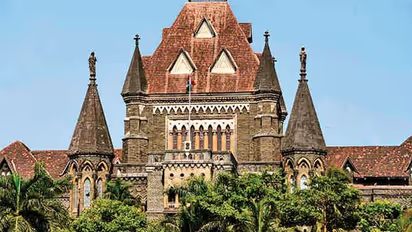Refusing to marry after having physical relations is not cheating: Bombay High Court

Synopsis
In such cases it is necessary to prove that the accused lured or promised marriage to the woman by giving false information, the court said
The Bombay High Court has ruled that refusal to marry after maintaining physical relations for a long duration with mutual consent cannot be called cheating. The High Court observation came while it overruled a lower court that had found a young man guilty in this regard.
The victim had accused Palghar resident Kashinath Gharat of cheating her after allegedly having physical relations over a period of three years the pretext of marriage but refusing to do so at a later stage of the relationship. the accused was booked under sections 376 and 417 for rape and cheating. The Additional Sessions Judge, in February 1999, convicted Kashinath for cheating but acquitted him of the rape charge. He was sentenced to a year in jail.
Kashinath appealed the verdict before the Bombay High Court. Justice Anuja Prabhudesai, who heard the petition, noted that the statement of the girl did not prove that she was deceived in any way. The Judge said that the physical relationship was by mutual consent.
After examining the evidence and hearing the witnesses and arguments, the high court said it was not conclusively proved that the accused in the case had sexual intercourse by giving false information or cheating. That is why refusing to marry after having been in a relationship for such a long period of time cannot be termed as cheating, the court said.
The High Court, while giving its verdict, said that in such cases it is necessary to prove that the accused lured or promised marriage to the woman by giving false information. The court also said that if the promises were made on the basis of false information and then not fulfilled, it could be termed as fraud.
Stay updated with the Breaking News Today and Latest News from across India and around the world. Get real-time updates, in-depth analysis, and comprehensive coverage of India News, World News, Indian Defence News, Kerala News, and Karnataka News. From politics to current affairs, follow every major story as it unfolds. Get real-time updates from IMD on major cities weather forecasts, including Rain alerts, Cyclone warnings, and temperature trends. Download the Asianet News Official App from the Android Play Store and iPhone App Store for accurate and timely news updates anytime, anywhere.